Re: Nagorno-Karabagh: Military Balance Between Armenia & Azerbaijan
I agree, completely basing you're entire article on what you saw on youtube and google earth or whatever is very unprofessional. Although, what I do not understand is that his entire article is based on "If"
ex: "If Armenia wants to take the war to another level"
Its fairly obvious we are not looking to conquer Azerbaijan. I do believe we are strictly defensive while Azerbaijan is of course offensive.
Also, Armenia hardly has an "air force", most of this fighting on the Armenian side will be on the ground with artillery and troops, perhaps our couple dozen Su-25s might help us in destroying some poorly protected targets but I doubt this will be heavily aerial. What he/she should be analyzing is battle readiness in troops, advancements in land vehicles and artillery systems, not mostly air craft and air defense...because we all know what will happen to an Azeri MiG 29 when it crosses into Armenian airspace..(If it even gets through)
Let's just say, good bye Azerbaijan..Hello new border with Russia lol
Originally posted by argin
View Post
ex: "If Armenia wants to take the war to another level"
Its fairly obvious we are not looking to conquer Azerbaijan. I do believe we are strictly defensive while Azerbaijan is of course offensive.
Also, Armenia hardly has an "air force", most of this fighting on the Armenian side will be on the ground with artillery and troops, perhaps our couple dozen Su-25s might help us in destroying some poorly protected targets but I doubt this will be heavily aerial. What he/she should be analyzing is battle readiness in troops, advancements in land vehicles and artillery systems, not mostly air craft and air defense...because we all know what will happen to an Azeri MiG 29 when it crosses into Armenian airspace..(If it even gets through)
Let's just say, good bye Azerbaijan..Hello new border with Russia lol






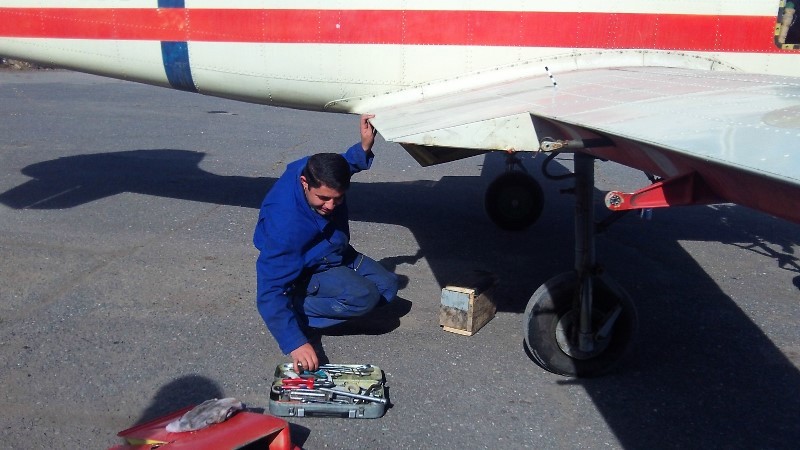
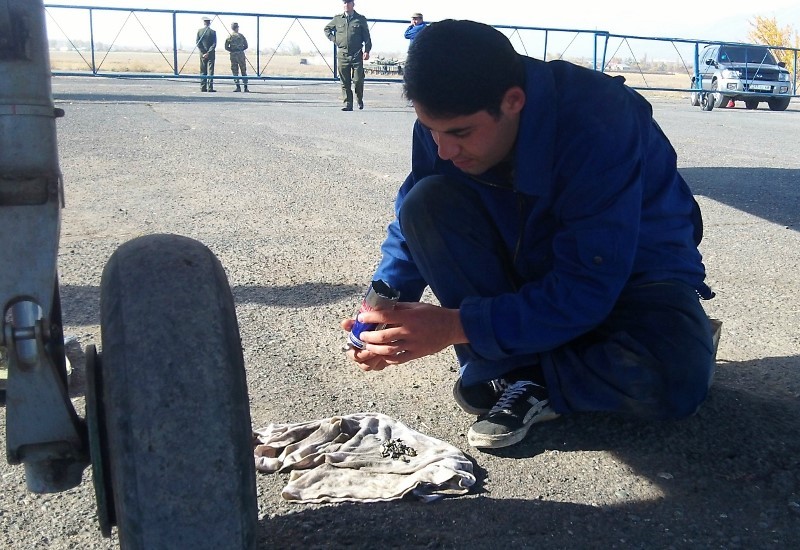
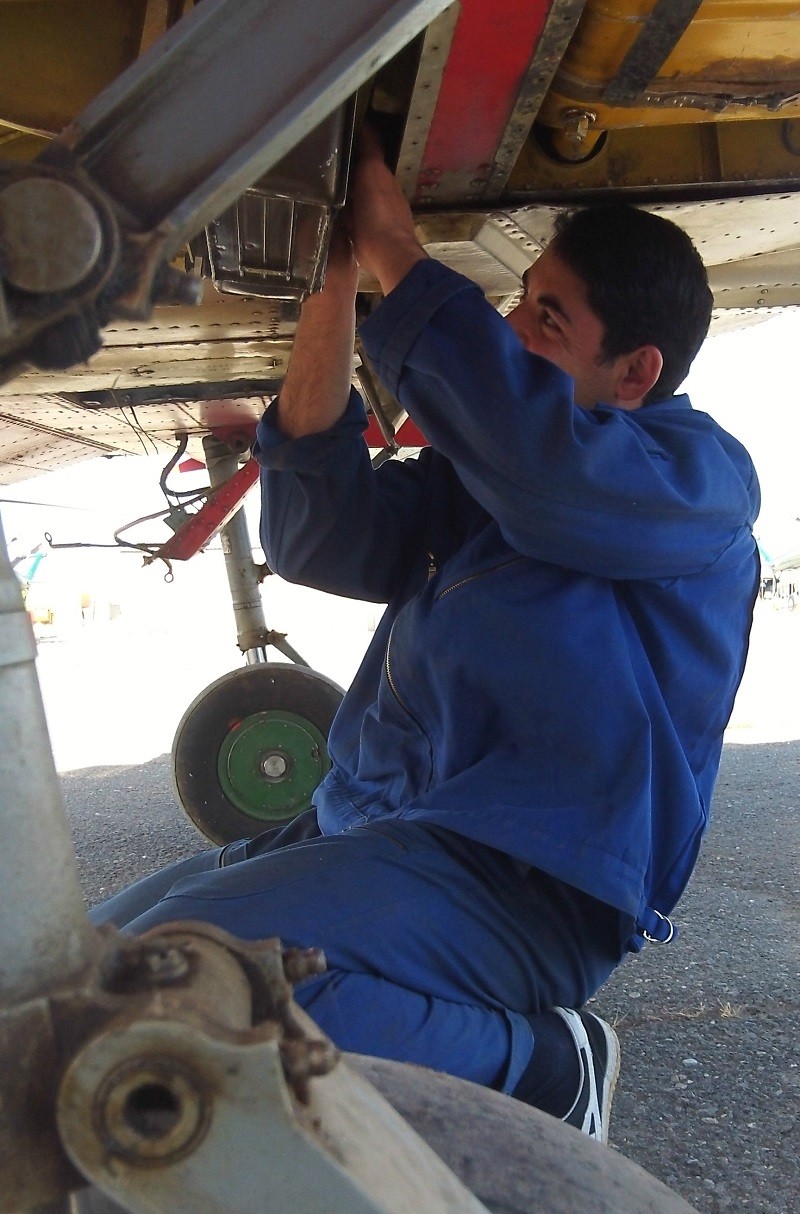



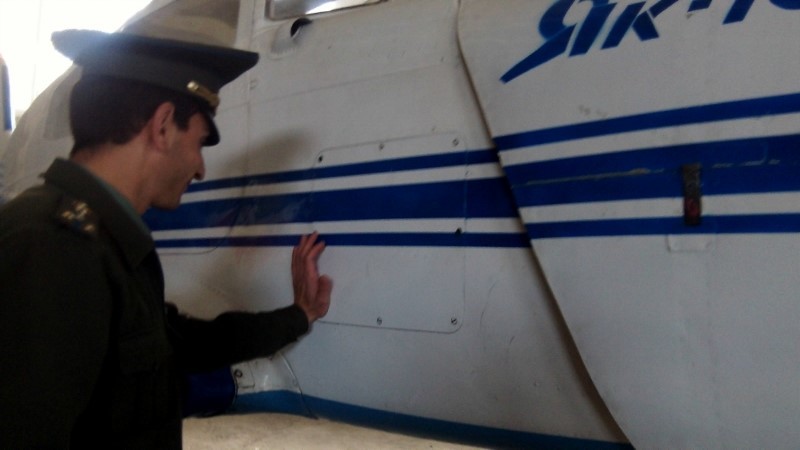
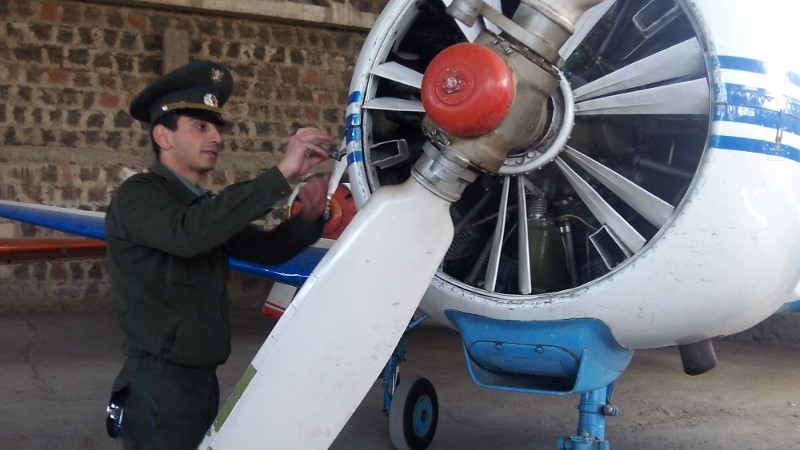
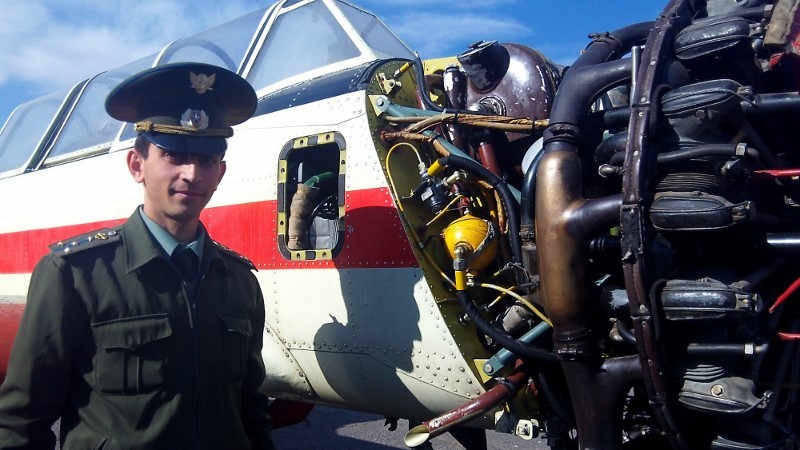

Comment